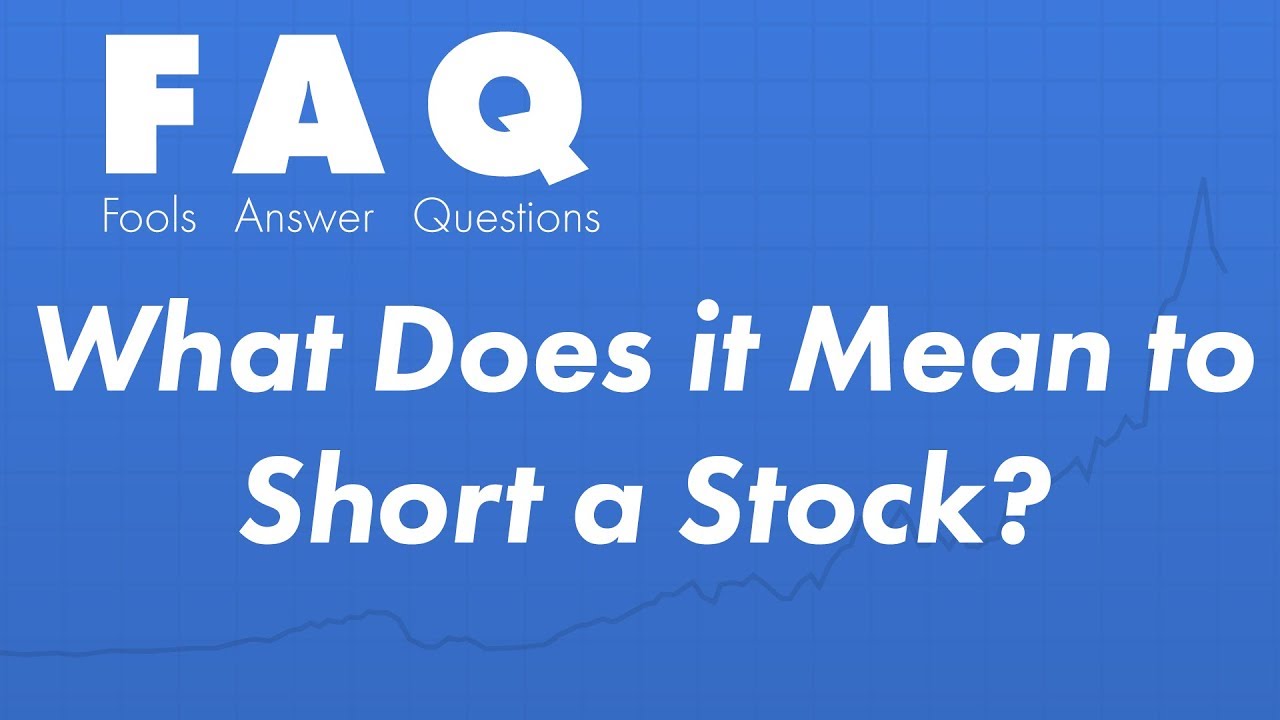In case you missed this story, which would be difficult as it is all over everything, the Little Guy took on the Asset-Rich Big Guy yesterday. And won. The Little Guy in this case is a group of regular investors who communicate via a “thread” on the social media platform, Reddit. Yesterday, the “WallStreetBets” thread stuck it to some professional investors who were shorting a company these guys felt didn’t think should be targeted. So they all started buying GameStop shares. (Good piece here.)
Lots of little guys buying small amounts became a tsunami. The share price rocketed (the Reddit guys actually use the rocket emoji to indicate a stock that fellow Reditors should buy and hence boost the price). The thread group comprises a lot of people who lost everything when the 2008 collapse occurred. They saw that the banks and other institutional investors who have massively leveraged the economy over the past decade or so had suffered no consequence. It ticked them off. The past decade has been good to people with assets – they made money on them – not so good for regular people, and very bad for savers. “WallStreetBets” guys decided to get a bit even.
It’s not just GameStop that’s surging but a whole group of companies, and with most of them there’s a common thread — they’ve been heavily shorted by big Wall Street firms.
In this case the hedge funds and professional investors had shorted i.e., “borrowed” GameStop shares for a short period from the Market Maker (the big brokerage houses and financial firms) hoping the share price would drop and they would pocket a profit. Enter Reddit.
Professional investors on Wall Street had been shorting the GameStop (and others like AMC, Bed, Bath & Beyond, etc.) stock for a while. Shorting involves borrowing shares of stock you don’t own and selling them and putting the money in a margin account. A decline in the share price will let you buy back the shares on the market, return them to the Market Maker for less money than you originally received when you sold them – hence there’s a profit to pocket. If however the shares go up, the borrower/shorter has to make up the difference to replace the stock at the brokerage. And there’s interest to pay on the “loan” of the stocks.
Let the Fool explain
Yesterday was a win for these guys. Today they’re targeting American Airlines. It remains to be seen how this will pan out but we expect someone will try and stop them soon.
More here:
Got an idea for an item on Self-Reliance Central? Email [email protected].
